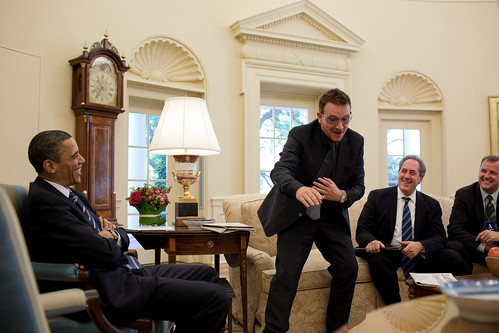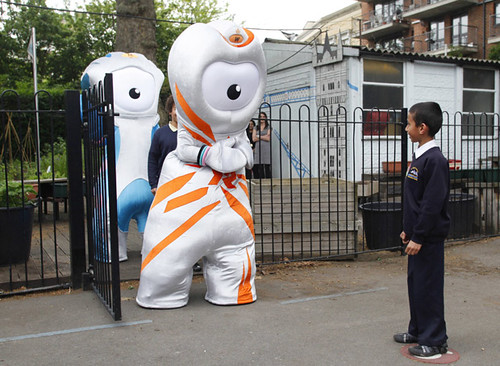This Fall I have spent a great deal of time reading and thinking through Tim Keller‘s excellent book, Center Church: Doing Balanced, Gospel-Centered Ministry in Your City. Keller is the Pastor at Redeemer in the heart of NYC and is one of my favorite authors/thinkers. Rather than a “cut and paste, this is how we do ministry-this is how you should do ministry” book, Center Church focuses on developing a Theological Vision that is consistent with what a particular congregation believes and that drives the way ministry happens. Too often the ministry expressions of a church are divorced from or even at odds with their beliefs as well as unconnected from the very people they are trying to reach. This causes frustration within the congregation and confusion from those outside looking in.
Keller defines Theological Vision as an underlying vision that brings your theological understanding (doctrine, beliefs) to bear upon your ministry expressions (practices, programs). It is in essence, a faithful understanding of the Gospel “with rich implications for life, ministry, and mission in a type of culture at a specific moment in history.” Developing a robust Theological Vision is important because it forces the people of God to think long and hard about the character and implications of the Gospel, what the Gospel has to say within your particular culture, and what it means to do ministry in your time and place.
With a Theological Vision in place, leaders and churches can make better choices about ministry expression that are faithful to the Gospel while at the same time are meaningful to their ministry context. That means a greater impact in Worship, Discipleship, Evangelism, Service, and Cultural Engagement.
A Theological Vision helps you determine what you are going to do with what you believe within your cultural setting.
Keller sums up the importance of this vision when he says, “A Theological Visions allows (us) to see (our) culture in a way that is different than (we) have ever been able to see before… Those who are empowered by the theological vision do not simply stand against the mainstream impulses of the culture but take the initiative both to understand and speak to that culture from the framework of the Scriptures… The modern theological vision must seek to bring the entire counsel of God into the world of its time in order that its time might be transformed.”
In order to develop a Theological Vision Keller says that you must spend time in “deep reflection” on Scripture and the particular culture that you minister in. In order to think deeply and reflect on these things, Keller offers 8 questions to help in the development of a robust and significant Theological Vision.
They are:
1) What is the gospel, and how do we bring it to bear on the hearts of people today?
2) What is this culture like, and how can we both connect to it and challenge it in our communication?
3) Where are we located — city, suburb, town, rural area — and how does this affect our ministry?
4) To what degree and how should Christians be involved in civic life and cultural production?
5) How do the various ministries in a church — word and deed, community and instruction — relate to one another?
6) How innovative will our church be and how traditional?
7) How will our church relate to other churches in our city and region?
8) How will we make our case to the culture about the truth of Christianity?
Keller warns that the development of this type of vision is hard but it is essential. The quality of your Theological Vision will determine your effectiveness as you find ways to communicate the Gospel of Jesus Christ clearly to your particular place in history.
Over the coming weeks, I am planning on meeting with a group of leaders to think through these 8 questions as a group in order to gain a better understanding of our mission to those within our church body and our surrounding community. The Starbucks near us recently built a new location complete with a variety of warm and inviting meeting areas so we are going to wrestle with these questions in the heart of the local agora just like Paul did in Athens. Of course Paul, as far as we know, didn’t get to sit in plush leather chairs sipping a peppermint mocha from a red cup.
If you have not read Keller’s Center Church: Doing Balanced, Gospel-Centered Ministry in Your City, I want encourage you to pick it up and wrestle with these questions within your own ministry context. I’ll be posting my thoughts and feelings as we go along so you are welcome to join in the conversation here in the comments or on Facebook and Twitter.
So what do you think of all this? Is a Theological Vision important? In what ways have you gained a greater understanding of the Gospel? In what ways have you worked to gain a better understanding of your particular culture?



